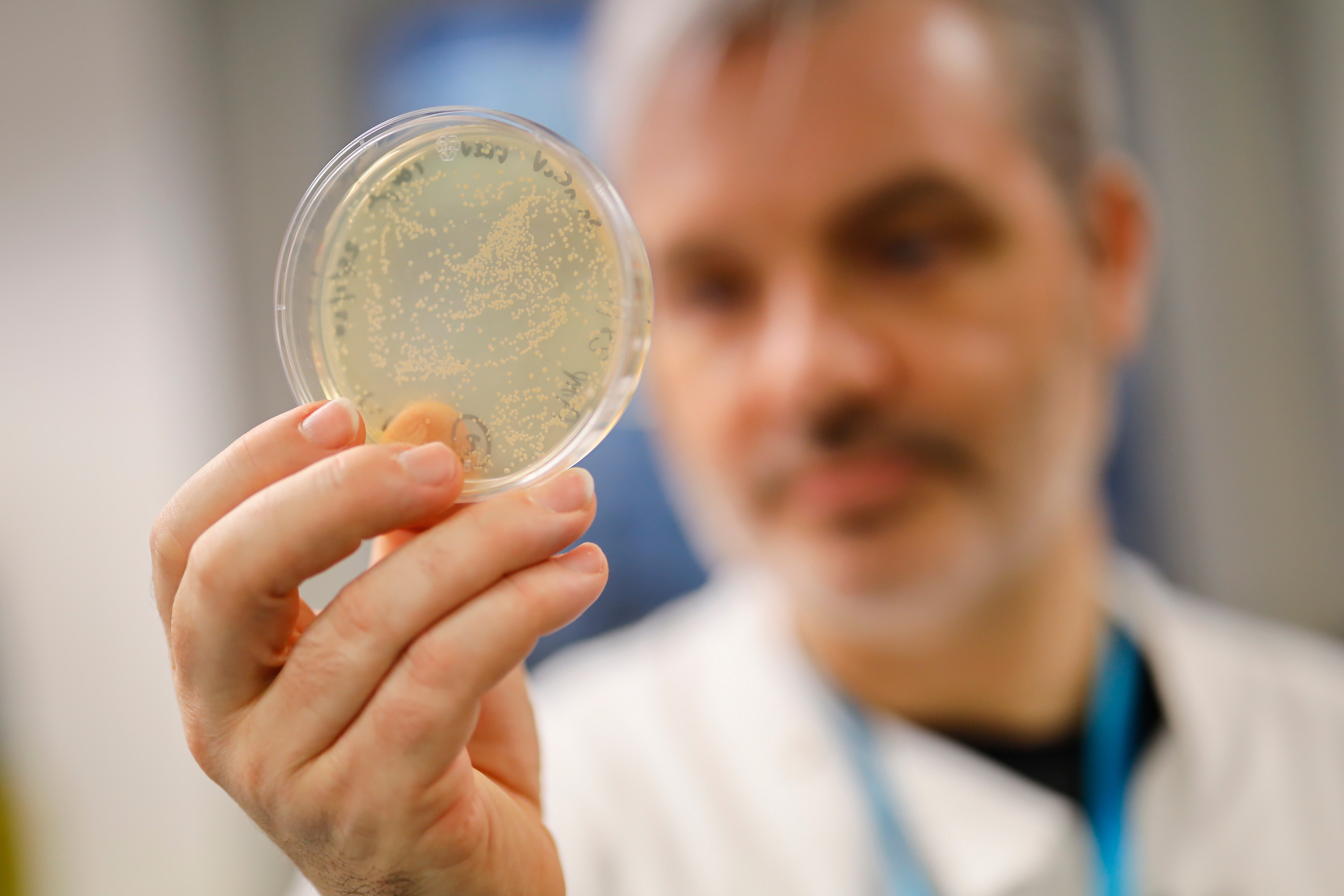Gut bacteria could prevent bone loss and muscle breakdown in astronauts on trips to Mars

Your support helps us to tell the story
From reproductive rights to climate change to Big Tech, The Independent is on the ground when the story is developing. Whether it's investigating the financials of Elon Musk's pro-Trump PAC or producing our latest documentary, 'The A Word', which shines a light on the American women fighting for reproductive rights, we know how important it is to parse out the facts from the messaging.
At such a critical moment in US history, we need reporters on the ground. Your donation allows us to keep sending journalists to speak to both sides of the story.
The Independent is trusted by Americans across the entire political spectrum. And unlike many other quality news outlets, we choose not to lock Americans out of our reporting and analysis with paywalls. We believe quality journalism should be available to everyone, paid for by those who can afford it.
Your support makes all the difference.Microbes in astronauts’ stomachs could be the secret to keeping them safe when on voyages to Mars, scientists suggest.
Manipulating space-farers’ gut microbiome may help them maintain health on spaceships, according to new research published in the journal Frontiers in Physiology,.
It was found that bacteria associated with intestinal inflammation rose during space travel.
The reduced gravity in space can also result in muscle breakdown, reduced bone mass, and nausea.
As such, ensuring an astronauts’ diet counteracts these negative effects is vital.
"The literature suggests that nutritional countermeasures based on prebiotics and probiotics hold great promise to protect space travellers," said Professor Silvia Turroni of the University of Bologna.
It has been suggested that meals with large quantities of fibre can kickstart astronauts’ metabolism.
Microbial supplements could also be used, such as bacteria which can boost the immune system or create vitamins to grow bones.
"The well-being of the gut microbiome of space travellers should be among the primary goals of long-duration exploratory missions," said Professor Martina Heer of the University of Bonn.
"To ensure the success of the mission, we must not overlook the myriad of microorganisms that reside in our gastrointestinal tract and make sure they are in balance."
The route to Mars may take unusual routes. Some researchers believe that astronauts should stop off at Venus before heading to the Red planet, as they could practice deep space human operations or return to Earth sooner if something went wrong.
If humans are to build a self-sustaining civilisation on the Mars, it has suggested that at least 110 people will need to travel there.

Join our commenting forum
Join thought-provoking conversations, follow other Independent readers and see their replies
Comments